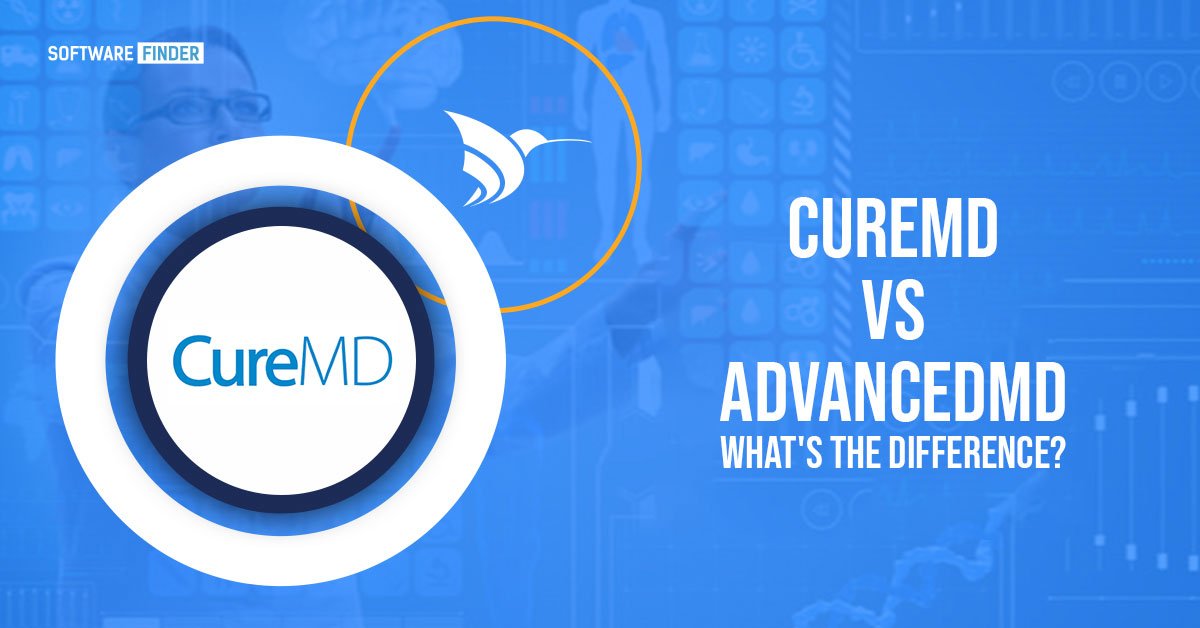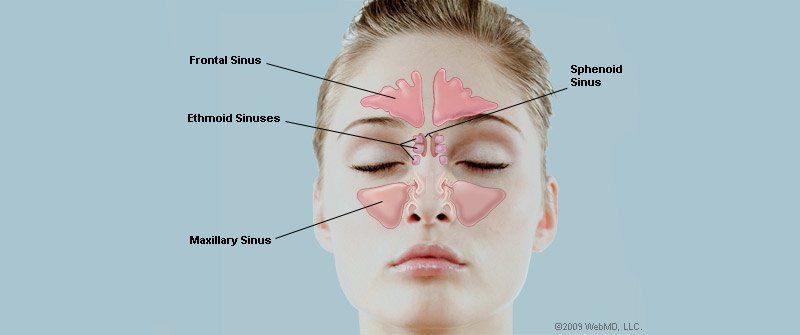Crohn’s disease is a chronic inflammatory bowel disease that affects the digestive tract. It can cause a range of symptoms, including abdominal pain, diarrhea, weight loss, and fatigue. While there is no cure for Crohn’s disease, there are many ways to manage the symptoms and improve quality of life. This is especially important for older adults, who may be more vulnerable to the effects of the disease and its treatment. Here are seven ways the elderly can better manage Crohn’s disease:
Follow a healthy diet
Eating a healthy diet is essential for managing Crohn’s disease. This means avoiding foods that can trigger symptoms, such as spicy or fatty foods, dairy products, and high-fiber foods. Instead, focus on eating a diet that is rich in lean proteins, fruits, vegetables, and whole grains. You may also want to consider taking a multivitamin to ensure that you are getting all the nutrients you need.
Stay hydrated
Dehydration can be a common problem for people with Crohn’s disease, especially if they are experiencing diarrhea or vomiting. It’s important to drink plenty of fluids to stay hydrated, but avoid drinks that can irritate the digestive tract, such as alcohol and caffeine. Water, herbal teas, and diluted fruit juices are good options.
Manage stress
Stress can exacerbate Crohn’s disease symptoms, so it’s important to find ways to manage stress. This may include relaxation techniques such as deep breathing, meditation, or yoga, as well as activities that you find enjoyable and relaxing.
Exercise regularly
Exercise can help improve overall health and reduce stress levels, which can in turn help manage Crohn’s disease symptoms. It’s important to choose exercises that are low-impact and not too strenuous, such as walking, cycling, or swimming.
Take medication as prescribed
There are several medications that can help manage Crohn’s disease, including anti-inflammatory drugs, immune system suppressors, and antibiotics. It’s important to take these medications as prescribed by your doctor and to let them know if you are experiencing any side effects.
Get regular check-ups
Regular check-ups with your doctor are important for managing Crohn’s disease. Your doctor can monitor your symptoms and adjust your treatment plan as needed. They may also recommend regular screening tests, such as colonoscopies, to check for complications such as colon cancer.
Consider home care services
For elderly individuals with Crohn’s disease, home care services can be a valuable resource. These services can provide assistance with daily activities such as bathing, dressing, and meal preparation, as well as medication management and transportation to medical appointments. Home care services can also provide companionship and emotional support, which can be especially important for older adults who may be isolated or lonely.
In Brampton, there are many home care providers that specialize in chronic disease care, including Crohn’s disease. These providers can work with you and your doctor to develop a personalized care plan that meets your individual needs and preferences. Some of the services that may be available include:
- Assistance with daily activities
- Medication management
- Transportation to medical appointments
- Companionship and emotional support
- Help with meal planning and preparation
- Assistance with housekeeping and laundry
By following these seven tips and considering home care services, elderly individuals with Crohn’s disease can better manage their symptoms and improve their overall quality of life. If you or a loved one are living with Crohn’s disease, talk to your doctor and consider reaching out to a home care provider in Brampton to see how they can help.



